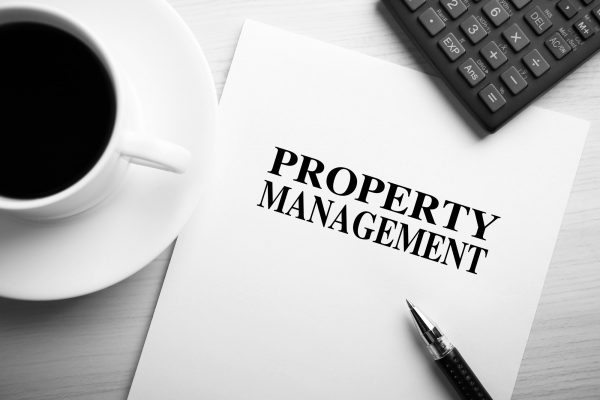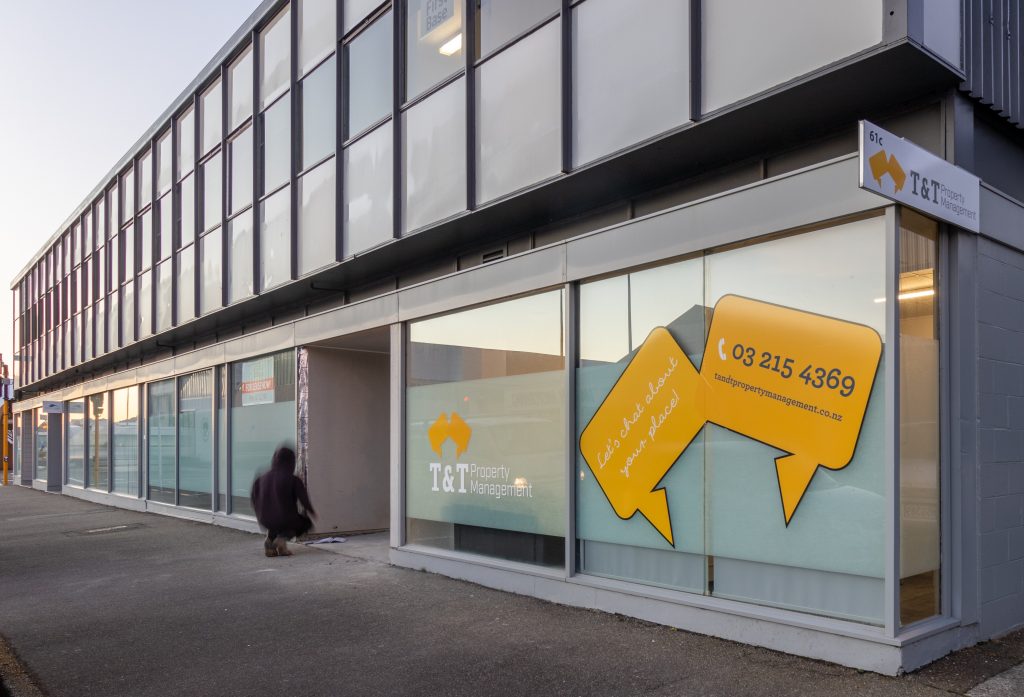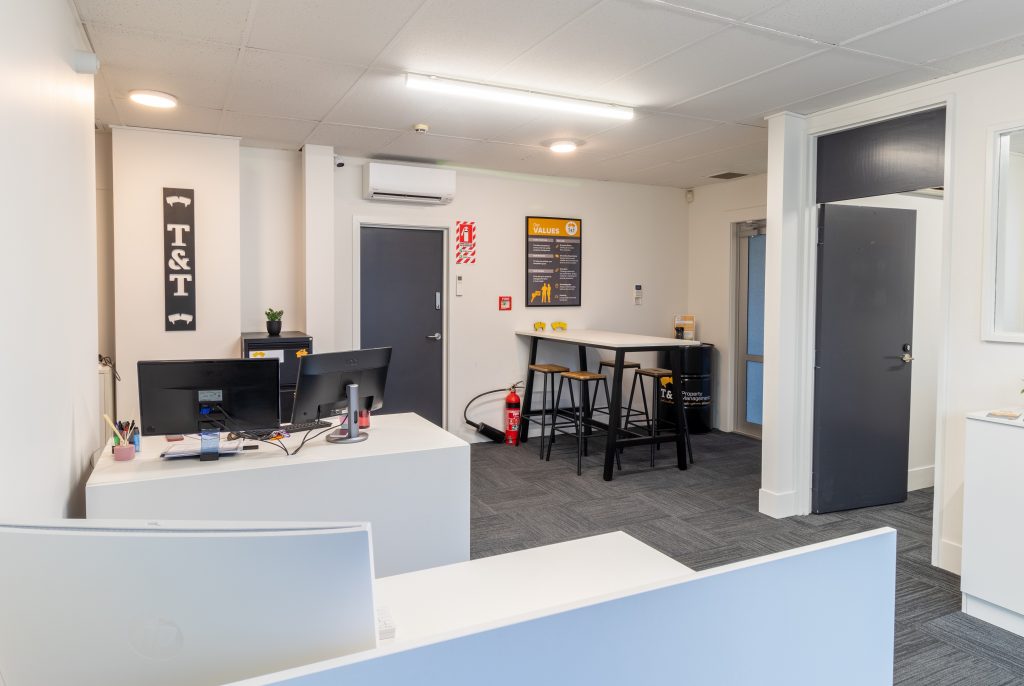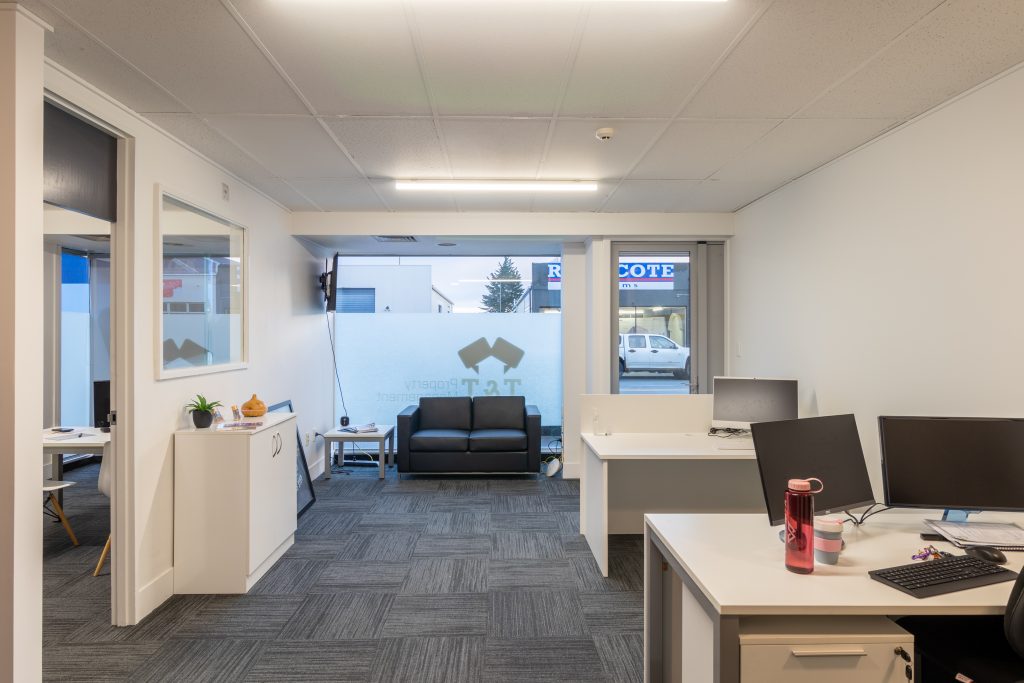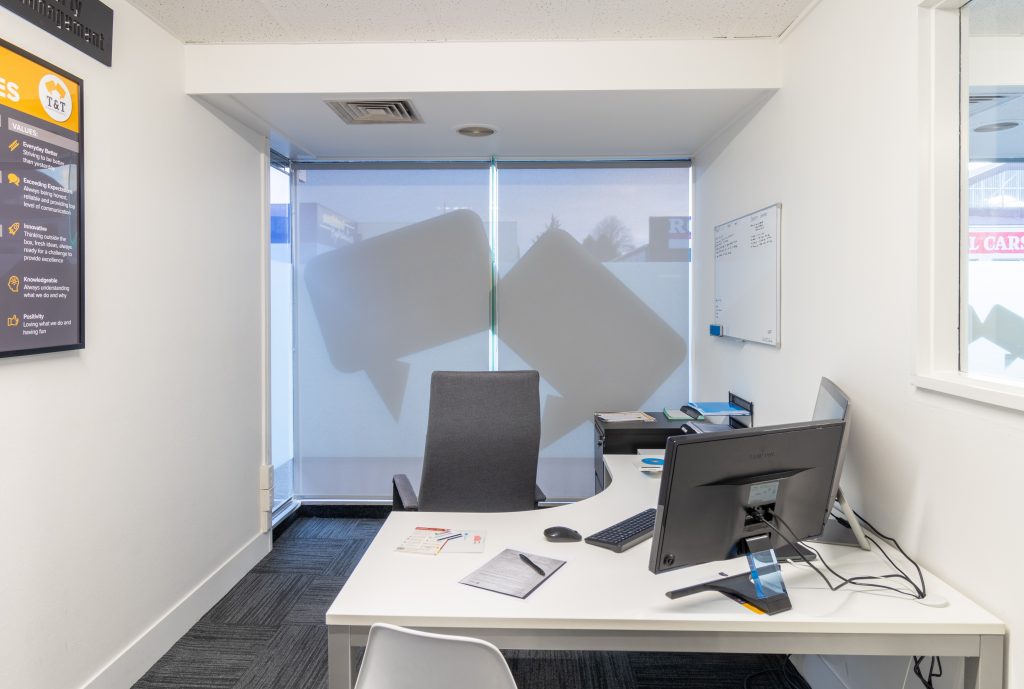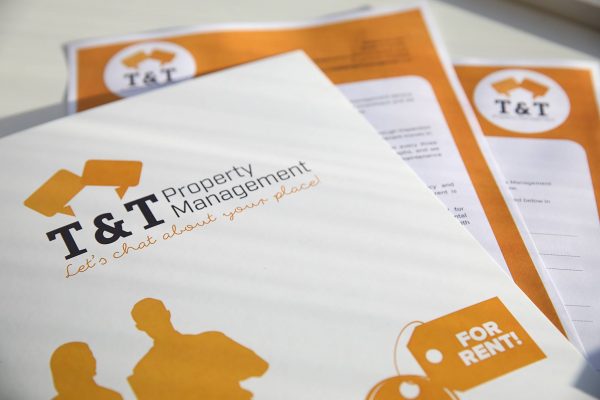Freeze on rent increases – the prime minister has announced a freeze on all rent increases for the next six months as of 23 March 2020. This includes rent increases that had already been issued but would come into effect during the six month period, these notices are now void.
Moving into a new rental property – if you have already given notice to leave your current rental you are now able to withdraw that notice. You should consider staying in your current property if possible. However, as a tenant you retain rights under the Act, this means that you can move if you wish but you have to follow the Ministry of Health guidelines and the Alert System when doing so, such as not getting any outside assistance.
Paying two sets of rent when a new lease has been signed – if your new tenancy was to be periodic, you can give 21 days’ notice on it. You may have to pay two sets of rent during this time but you should try and come to an arrangement with the landlord. If the tenancy was to be fixed term, you should try to come to an arrangement with the landlord. It is encouraged that landlords be flexible and considerate during these times.
If no arrangement can be made you can apply to the Tribunal under the grounds of unforeseen hardship to reduce the term of tenancy.
Does a rent freeze mean tenant’s don’t have to pay rent – tenants are still required to meet all rental requirements outlined in their tenancy agreements to the best of their abilities, this includes paying rent.
Freeze on vacate notices – landlords are not able to end tenancies during the lock down period, regardless of when the notice was provided except for very limited circumstances. In order to end a tenancy both parties need to agree or circumstances where a tenant has substantially damaged the property, assaults or threatens the landlord, their family or neighbours, abandons the property, engages in significant antisocial behaviour such as harassment or is 60 days behind in rent.
If you have any other questions regarding the changes made to the Residential Tenancies Act please don’t hesitate to get in touch with us and we’d be happy to answer them for you.


